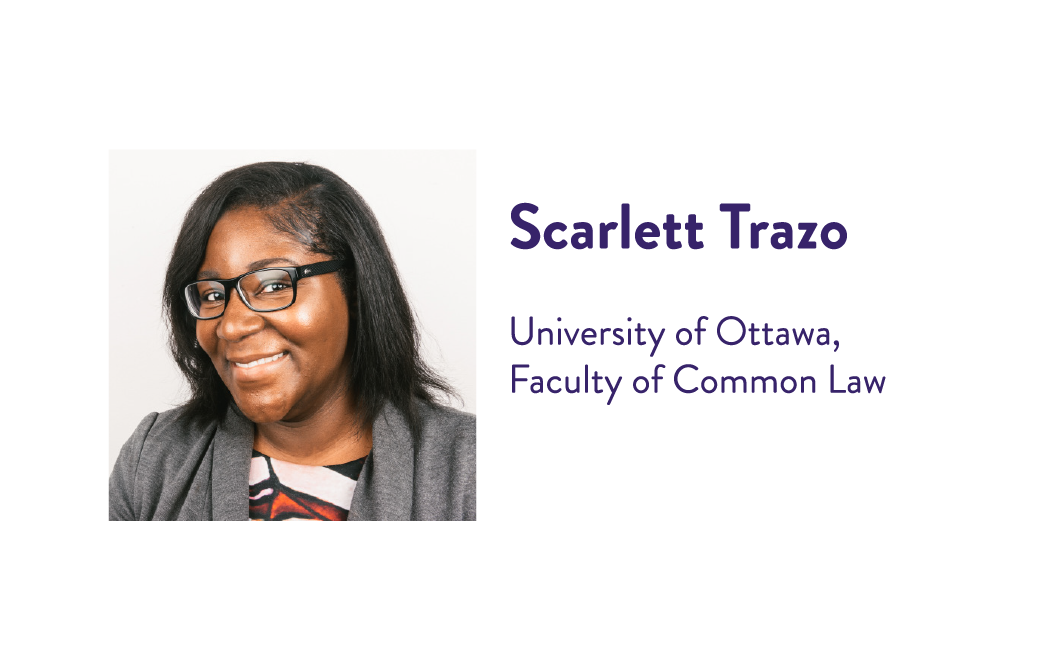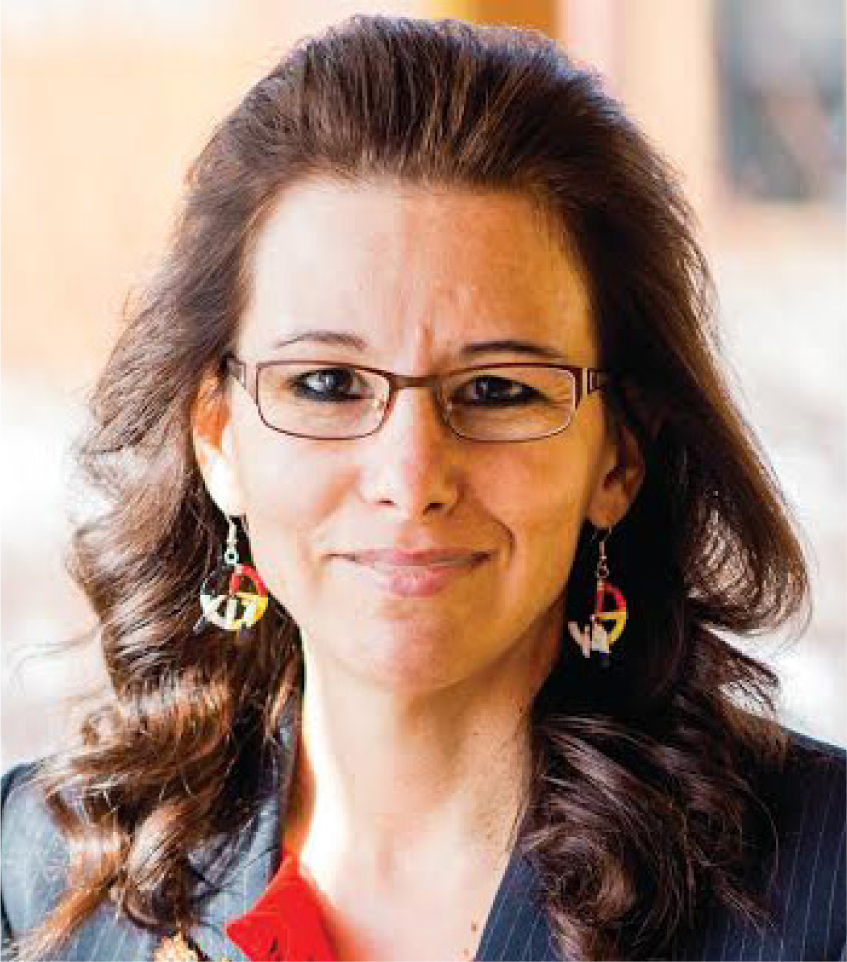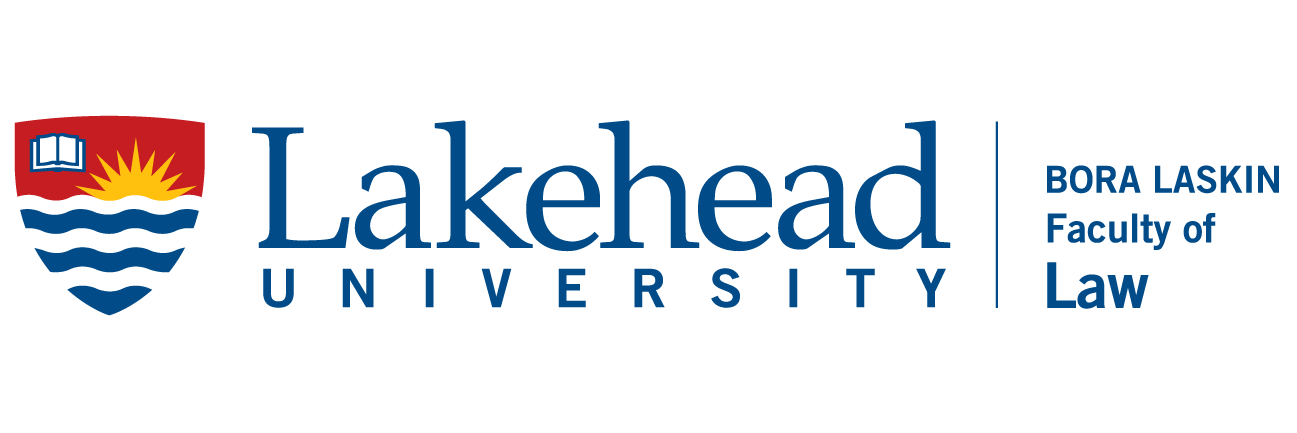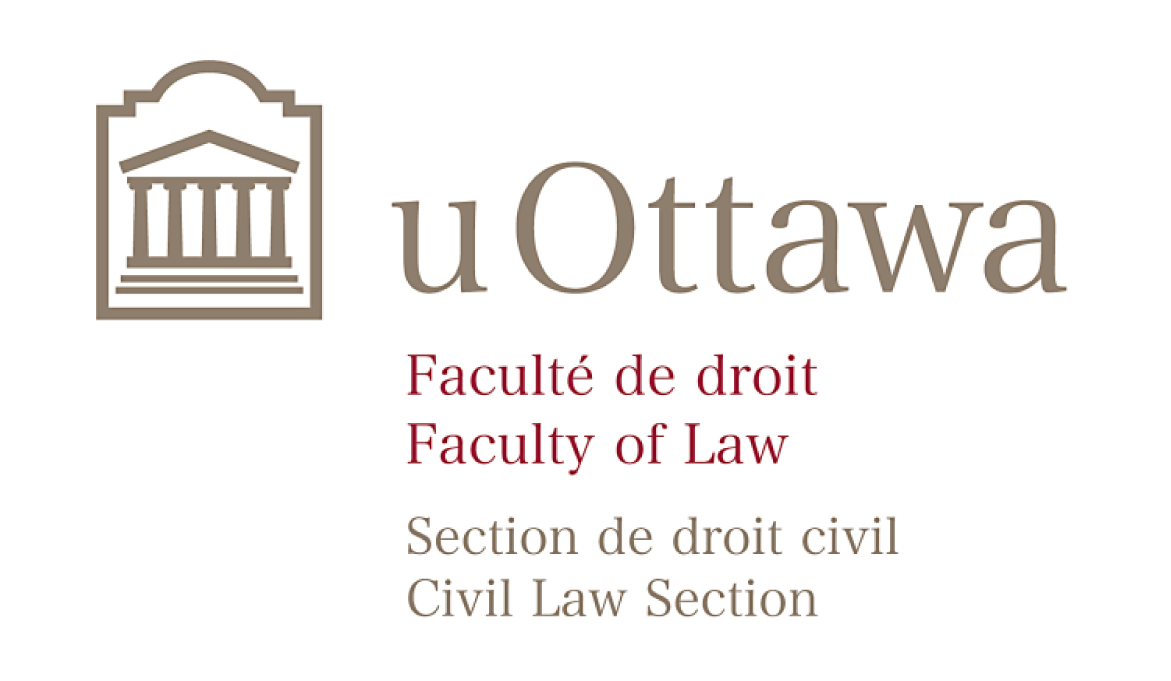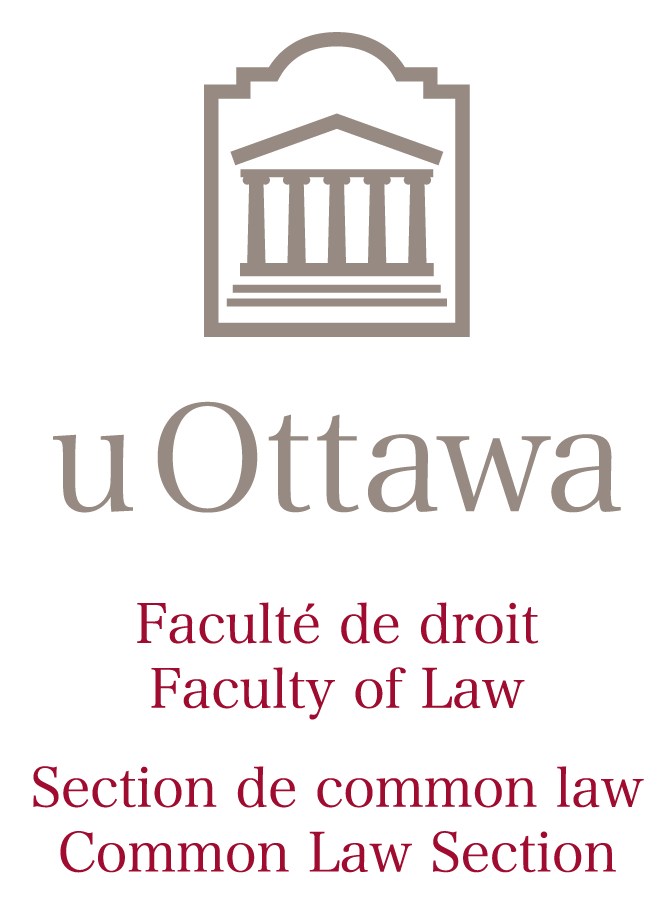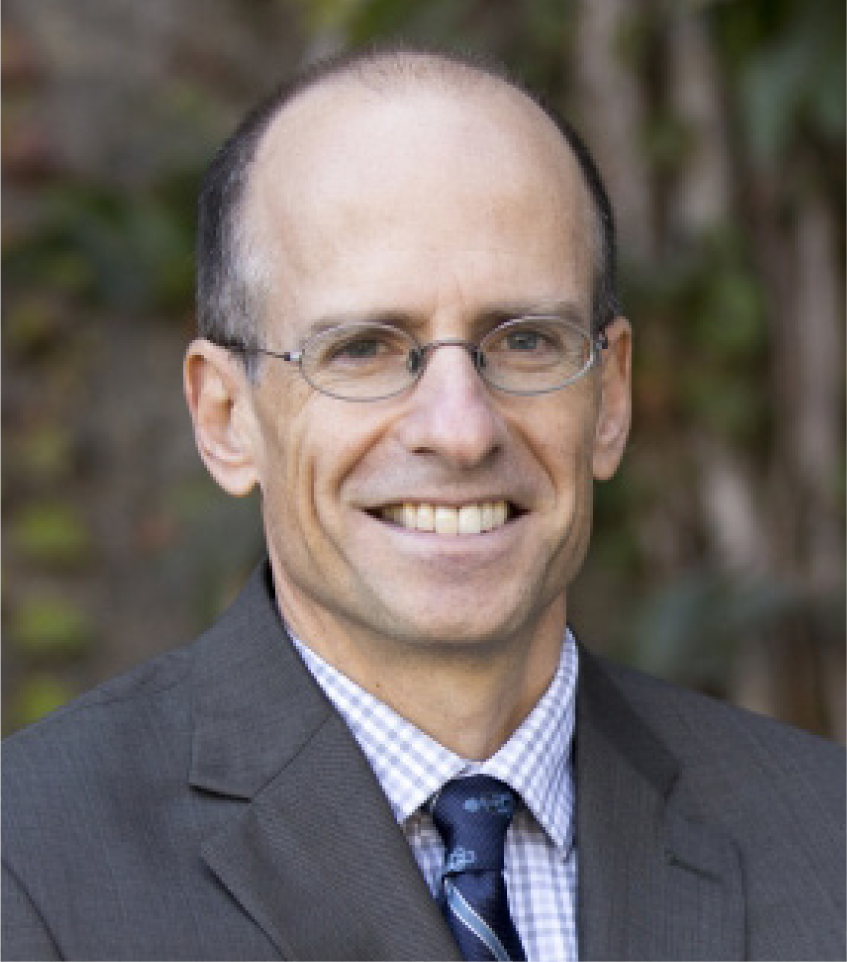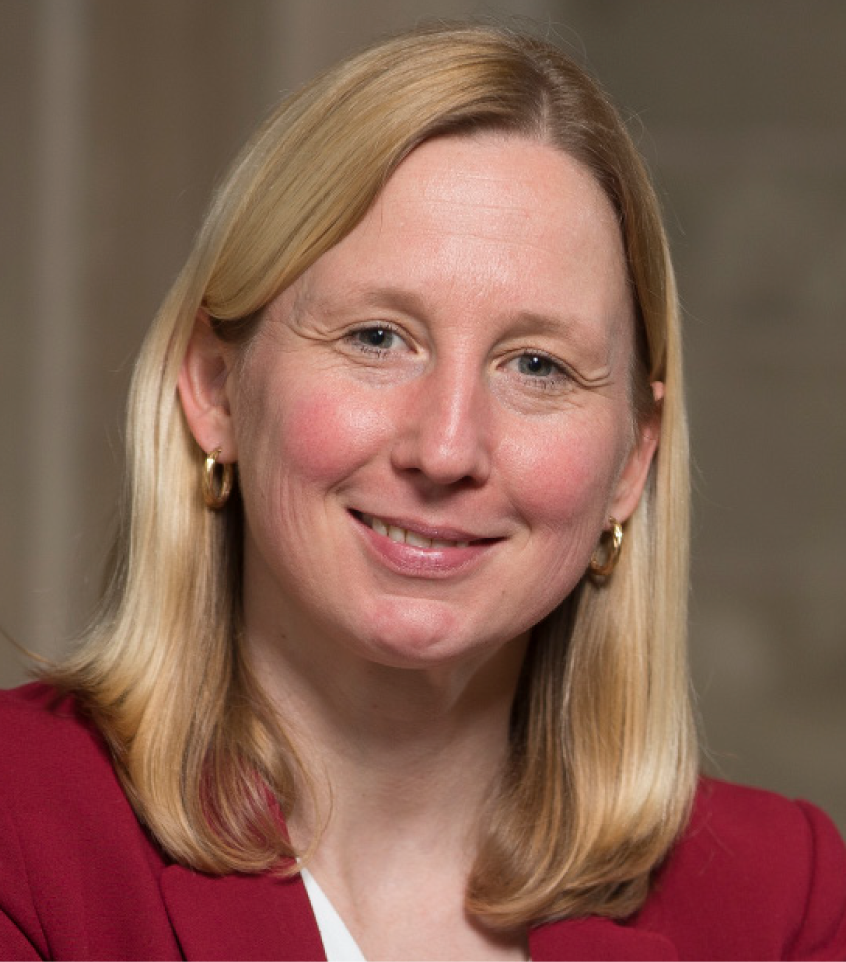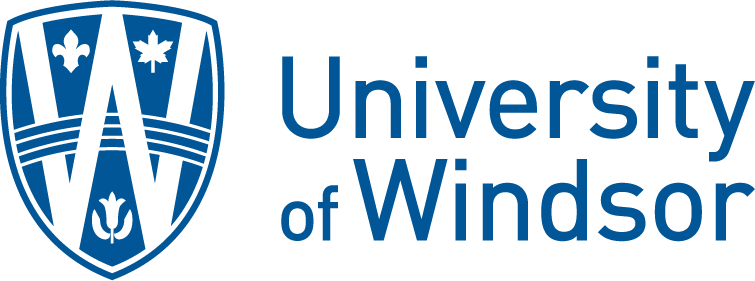EVALUATING OUR EFFORTS
One of our current strategic priorities is to better understand and communicate the impact of our funding. We established common quantitative measures for our grantees so we could better identify how many people are being served with our funding. We also developed a multi-year evaluation plan. We evaluated our Connecting Articling Fellowship program and are in the process of reviewing the Connecting Ottawa program. We also commissioned important research about frontline workers who provide community-based legal help. We will be sharing the results of our evaluations.
EVERY PENNY COUNTS
The Foundation’s primary source of revenue is the interest earned on lawyers’ and paralegals’ mixed trust accounts. It is important that every penny owed finds its way to the Foundation in order for us to continue our grantmaking. This is especially true in these times of record low interest rates. We depend on the cooperation of the legal professions and financial institutions to achieve this goal.
We worked closely with the Law Society of Upper Canada on improvements to the professions’ annual reporting process to ensure that the legal professions are reporting their mixed trust accounts, and we continued to meet with financial institutions to verify that all mixed trust accounts are recorded accurately.
BOARD OF TRUSTEES CHANGES
Paul Schabas resigned as Chair of the Board in 2016, and I had the honour of succeeding him in that position. Paul was, and is, an extraordinary champion of the Foundation and of access to justice. Paul served on the Foundation for nine years. He brought a serious and thoughtful approach to the Foundation’s work and was always focused on supporting and valuing the perspectives of our grantees.
Also in 2016, Christopher Clifford stepped down from the Board after three years of dedicated service. Two new Trustees joined us: Paul Le Vay and Isfahan Merali. Over his career, Paul has shown a deep commitment to improving access to justice for Franco-Ontarians and is past President of L’Association des juristes d’expression française de l’Ontario (AJEFO). The first female South Asian Bencher in the Law Society’s history, Isfahan has spent her legal career working to advance the rights of diverse groups and individuals who face barriers and challenges in society.
THE PEOPLE BEHIND THE GRANTS
Writing this message gave me the opportunity to reflect on my first year as Chair. I spent many hours learning about the work of our grantees, meeting them in-person, and seeing them in action. For example, I met with the Ontario law Deans and visited law schools in Windsor and Thunder Bay. I talked to lawyers and law students at student legal aid clinics and to faculty who focus on improving justice for Indigenous peoples and self-represented litigants, among others.
My visit to Thunder Bay also allowed me to attend the opening ceremony of the Indigenous Peoples’ Court and a celebratory dinner hosted by the Thunder Bay Indian Friendship Centre, a grantee, and the Nishnawbe-Aski Legal Services Corporation. This gave me a wonderful opportunity to see how the tremendous efforts of community organizations and justice partners, with a little help from a grant from us, can lead to innovative solutions that address pressing access to justice needs, such as the over-representation of Indigenous people within the criminal justice system.
For this annual report, we wanted to give you the opportunity to meet some of the people ‘behind the grants’ too. We chose one area of our granting to focus on, sharing some of what I learned and saw first-hand: how law schools and law students are serving the public and furthering access to justice.
Getting to know the people behind the grants has been a real gift to me. But more than that, I am convinced that the work they are doing to understand the issues and provide practical solutions is helping to advance access to justice for the people of Ontario.
